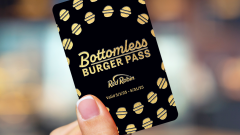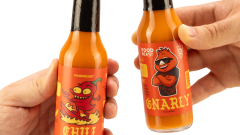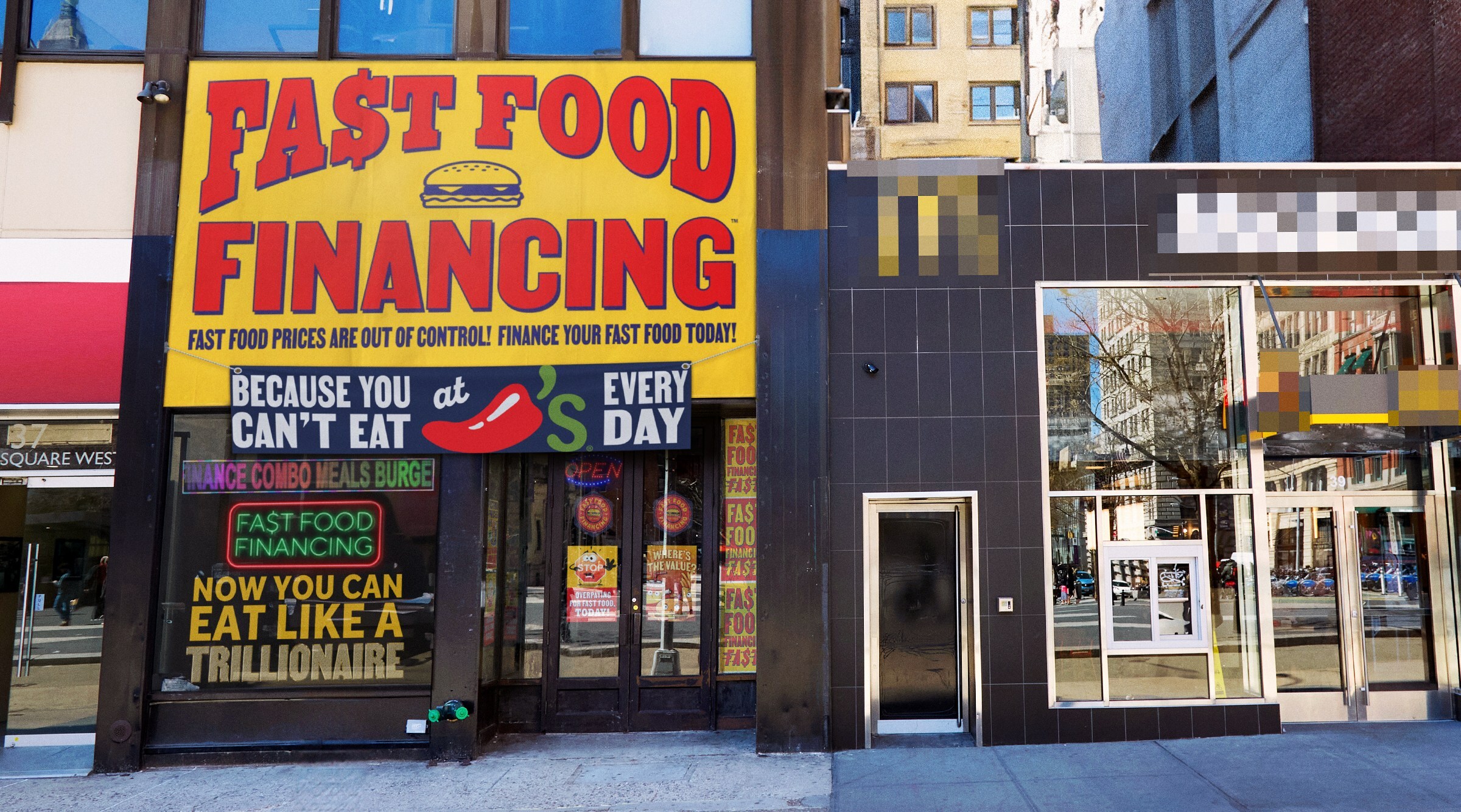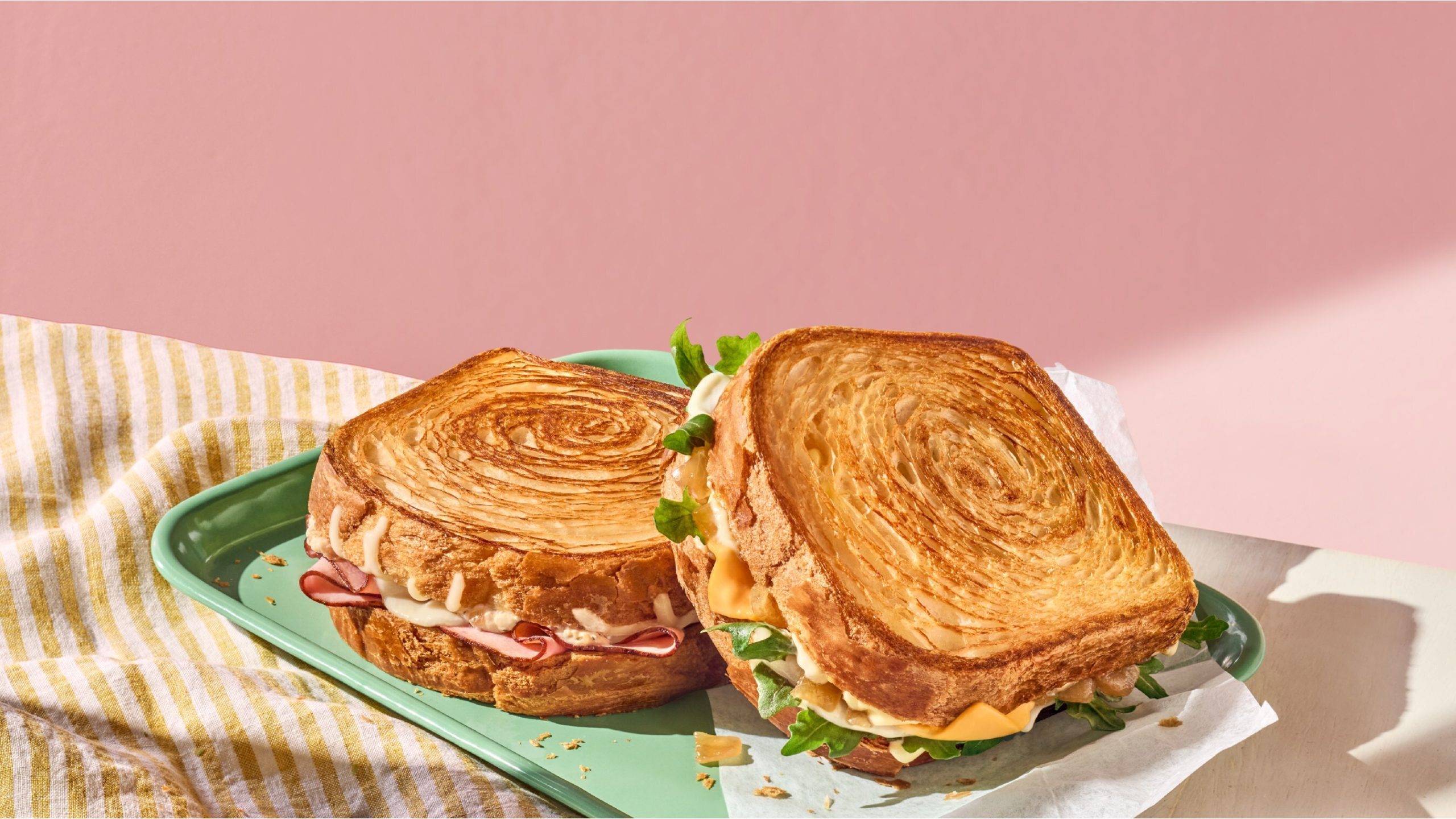These Photos Prove Not All Cuban Food Sucks
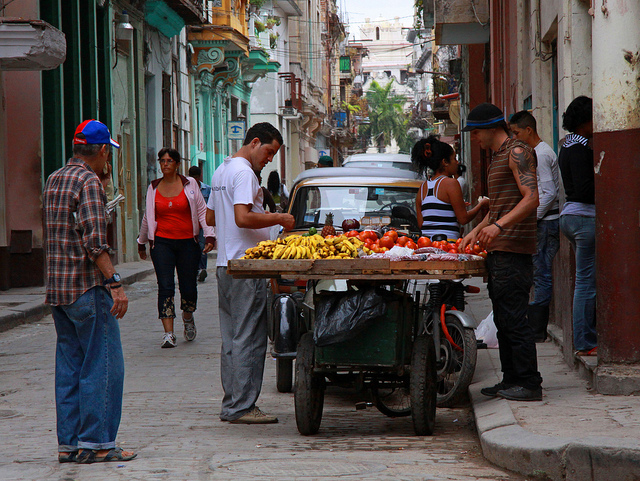
Photo: Guillaume Baviere
We heard it dozens of times before we left for Cuba: a very general praise of the country, followed by a crazy-specific dig at one aspect of it.
“Beautiful place—food is awful.”
“Cuban people are great, but they really don’t know how to cook.”
“It’s a trap. They don’t even have Cuban sandwiches!”
These accounts were surprising, because Cuban food in the US is delicious. Anyone who’s been to Versailles or El Rincon in L.A.—two of my staples when it comes to group dinners—can back me up here. In Miami, even the dirt-cheap Cuban food is worthwhile. And my New York brethren will tell you how often I used to suggest Café Habana for weekend lunches. You know how everyone has that one friend who over-recommends a place so badly that you can’t think of the place without thinking of the person, and vice versa? That was me with Café Habana. (Seriously, get a Cubano there next time you have a chance).
It was hard to ignore the warnings we got ahead of time. How could a country’s cuisine be so good outside that country, and so poor in it? Apparently, many a Googler wonders this very thing.

The Government
It turns out there’s a pretty valid answer to that question, and it rhymes with “Nommunism.” According to locals, the government’s grip on Cuban goods has a stunting effect on fresh-cooked restaurant food.
You see, in the U.S. and much of the modern world, restaurants are free to source ingredients from wherever they find them. In those places, competition incentivizes restaurants to find higher-quality, rare ingredients to dazzle customers and beat out the next restaurateur. Great kitchens are constantly on the hunt for a fresher meat source or an unexpected spice.
In Cuba, however, the government controls the supply of food, and it makes the same limited list of ingredients available to all buyers. For my food TV junkies, the Cuban food game is like a Top Chef challenge, where everyone has to compete from an equal ingredient set.
Location, Location, Location

On top of the restricted access to food, it’s not as though anyone with some chops in the kitchen and seed money can freely lease a storefront and start serving food to customers. The best eateries in Cuba are extensions of owners’ homes. Most of these used to be humble paladares—home kitchens where a government-mandated maximum of 12 guests were allowed to dine at once.
Since Raúl Castro took over in recent years, that cap has lifted, and well-reputed restaurants are beginning to expand in capacity. Still, new businesses are subjected to a rigorous business application process. The fact that some restaurants still manage to serve delicious food is a minor miracle.
My Experience
Now, I’m personally more of the “I’m eating because I’m traveling (and therefore need to continue subsisting)” type rather than a “I’m traveling in order to eat” person. In other words, I don’t need to eat super amazing food wherever I go in the world. My general criteria for traveling is that I ate well if I didn’t eat anything that put me in a hospital room.
That said, the forewarnings spooked us enough that we did what gringos do best—took our anxieties to the Internet and did a buttload worth of research to find the good restaurants. Out of our 20 meals or so in the greater Havana area, about seven of them were by reservation, with a few others having been recommended by our guide books.
I can’t tell you everyone is wrong about Cuban food being pretty blandito. But I can say this: we didn’t have a bad meal in Havana. Average? Sure. But we also had some freaking fantastic food. And let me just settle something—while Cubanos reportedly originated in Miami, they do have them in Cuba.
In lieu of being able to transmit flavors through the Internet, I invite you to feast your eyes on some porno de food Cubano.
Garlic Shrimp Plate @ Rio Mar

Smoked Marlin Tacos with Rum Essence, Capers, and Mayonnaise @ Paladar La Guarida

Roasted Chicken with Corn and Lemon @ Paladar La Guarida

Rabbit Paté with Mango, Tamarind, and Cotton @ Paladar La Guarida

Unless otherwise noted, all pictures are courtesy of Asher Rumack.











